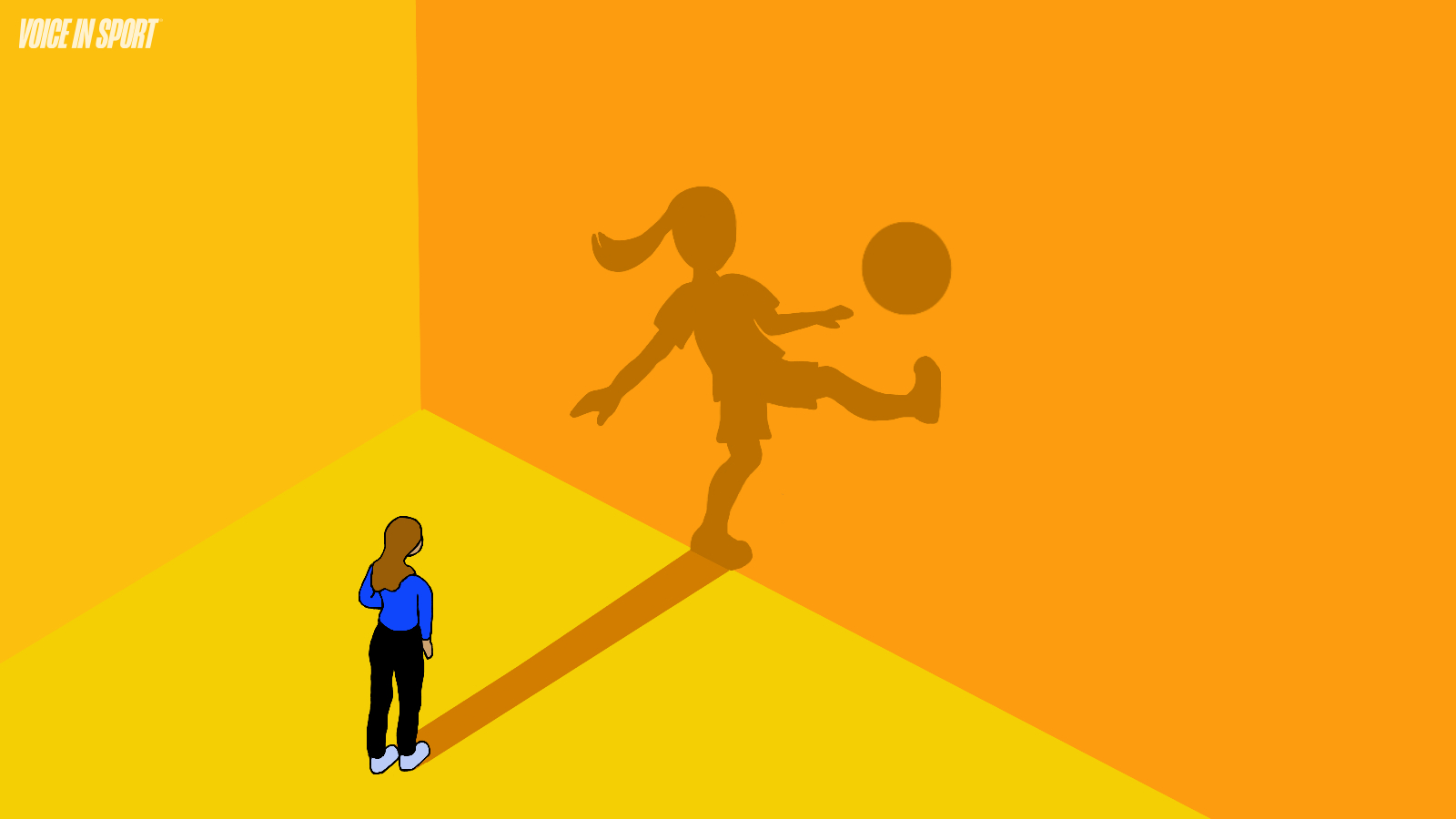As high school, collegiate and professional athletes, it is intrinsic that we care deeply about our performance. We invest so much heart and effort into becoming better, stronger and faster, and sometimes we can forget about the people we are outside of sports. But sports are an activity we DO, not the person we ARE. Dedicating yourself fully to your athletic pursuit might seem like it is bringing you closer to success, but in many cases it is harmful to your mental health.
VIS™ Expert and Sports Psychologist, Dr. Ashley Zapata, explains that it is a sign that our identity is too closely tied to sport when our personal worth is contingent on how we perform. What does this mean? Let’s say you have a great race or game. You feel on top of the world and proud of your performance. This is a great state of mind, but it may become reflected in how we think about ourselves as people. Although this doesn’t seem like a concern when things are going well, what happens when we have poor performances? Dr. Zapata says that she has often seen athletes become critical of themselves when they do not perform well. A similar pattern occurs when athletes are injured and cannot train or compete. It is easy to fall into a downward spiral of believing that we are somehow insufficient without our sport.
What can we do if our identity is too closely tied with sport? Dr. Zapata points out that “awareness is key." She reminds us that loving our sports is a natural and wonderful part of being an athlete. But a healthy approach to identity formation should look like this: “Athletes enjoy their sport, are passionate about the sport, and strive to perform well while having fun and enjoying other hobbies.” Those last two components are crucial. Sports add to who you are, they don't make you who you are. Having other hobbies helps give us the perspective and distance we need when we face adversity in sport. If your soccer game goes poorly, you might be disappointed. Having other pursuits outside of sports in your life lets you be “psychologically flexible” and pivot to other areas of interest like cooking or reading when things are not going as planned in sport.
“Awareness is key.”
Dr. Zapata gives us three key steps that will help with creating a healthy identity as an athlete:
1. Identify Our Values.
Find things that are important to you. What do you like doing in your free time? It could also be within sports: why is sport important to you and what are your favorite parts of sports? How can you find similar values in other activities and people?
2. Celebrate our Various Identities.
You are an athlete. But you can also be a student, an artist, an activist, a friend, a sister, and a daughter. We are many things, for example as members of the VIS™ community, we all identify as empowered women. “Athlete” is just one element of the complex puzzle that makes up our unique identities.
3. Recognize that Our Worth is Never Conditional on Performance.
We all have bad days and worse performances. They do not determine your worth as an athlete, and they certainly do not determine your worth as a person! Let’s give ourselves more grace and compassion.
Dr. Zapata reminds us that we CAN and SHOULD love our sport. But we also can and should learn to prioritize activities and people outside of athletics that bring us joy in order to maintain a healthy and long-term relationship with our athletic selves.








